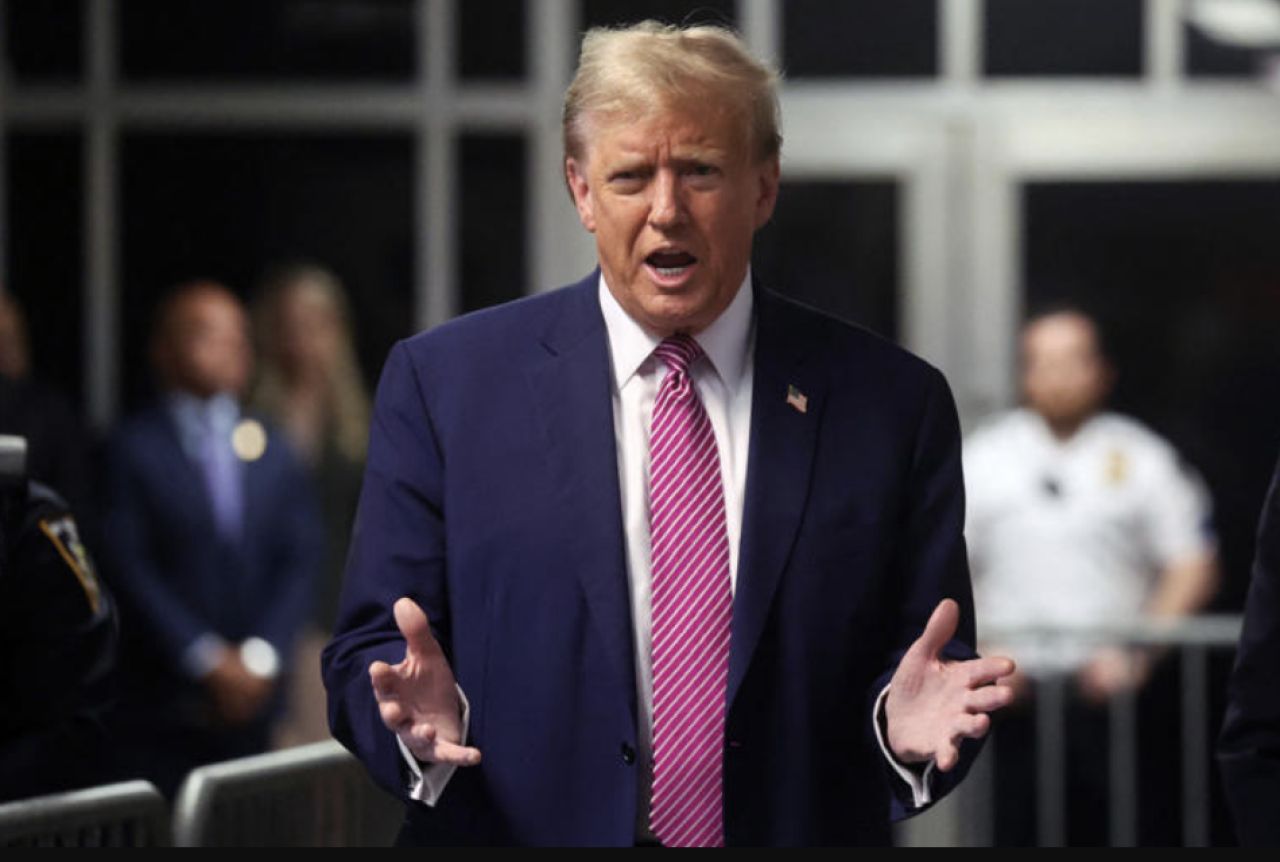Legal analyst Alan Dershowitz raised concerns on Sunday about new legislation targeting Secret Service protection for felons, suggesting Democrats want former President Donald Trump "killed." The "DISGRACED Act," introduced by Representative Bennie Thompson, a Mississippi Democrat, aims to terminate protection for individuals convicted of state or local felonies, including Trump.
Trump, facing four criminal indictments, became the first former president in U.S. history to stand trial in a criminal case, with charges related to hush money paid to adult film star Stormy Daniels during his 2016 campaign. Trump denies the affair and all charges, calling the case politically motivated.
Dershowitz, a member of Trump's legal team during his first impeachment, criticized the bill's intent, suggesting it leaves Trump vulnerable. "That's ridiculous, that means they want him killed because he's obviously a target," he said in an interview with Newsmax.
The bill, co-sponsored by eight Democratic representatives, would apply to individuals convicted of offenses punishable by at least one year in prison. Thompson argued that current law doesn't address Secret Service protection for convicts, creating logistical issues.
The legislation's co-sponsors include Representatives Troy Carter of Louisiana, Barbara Lee of California, Frederica Wilson of Florida, Yvette Clarke of New York, Bonnie Watson Coleman of New Jersey, Jasmine Crockett of Texas, Joyce Beatty of Ohio, and Steve Cohen of Tennessee.
Current law provides Secret Service protection for presidents, officials, and select family members since 1901, expanded to major-party presidential nominees after Senator Robert F. Kennedy's assassination in 1968.
Meanwhile, independent presidential candidate Robert F. Kennedy Jr., Senator Kennedy's son, criticized the denial of his fifth request for protection by Department of Homeland Security Secretary Alejandro Mayorkas, calling it "politically motivated." Major presidential and vice presidential candidates, along with their spouses, are offered Secret Service protection within 120 days of a general election.

Login